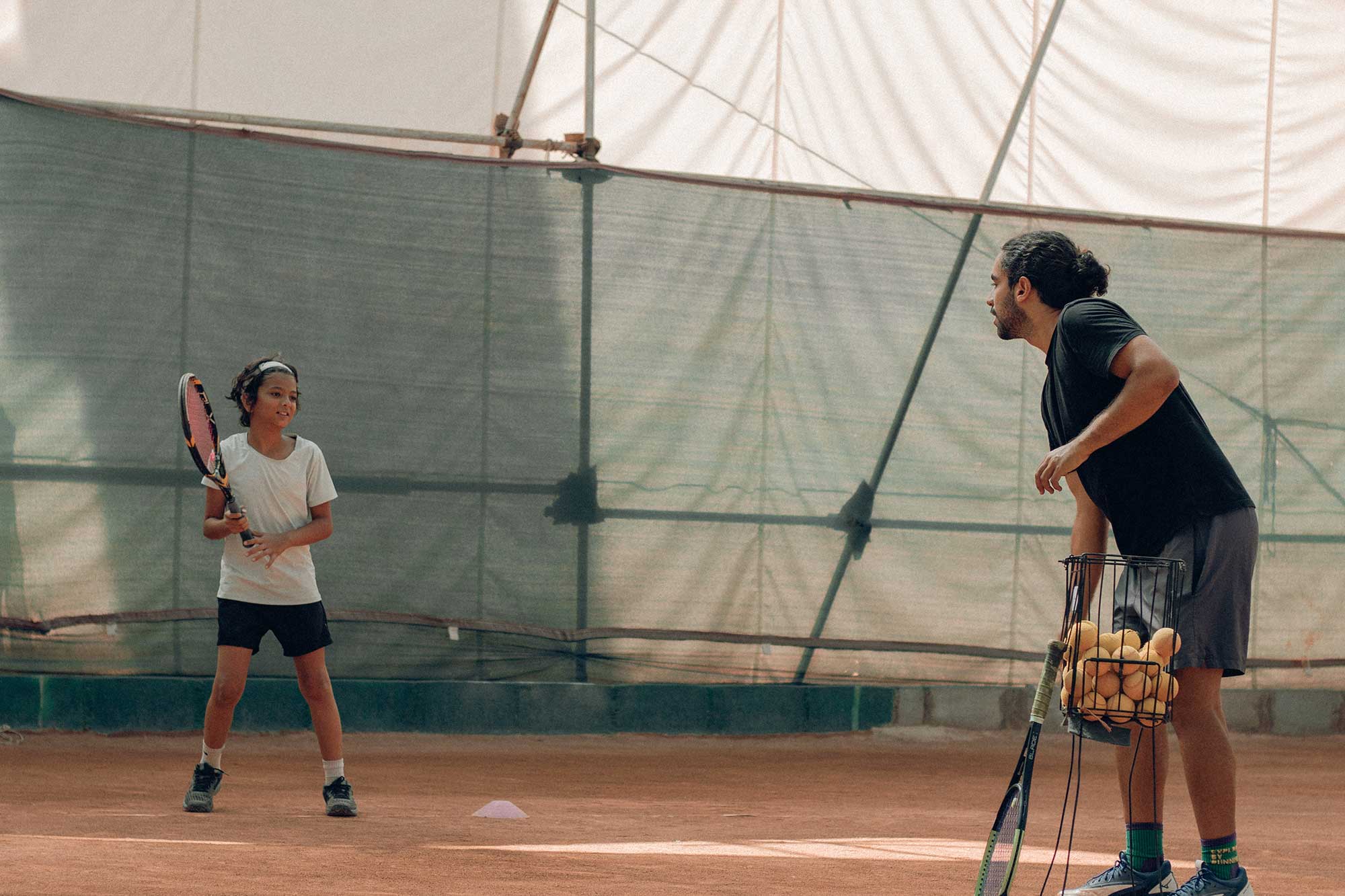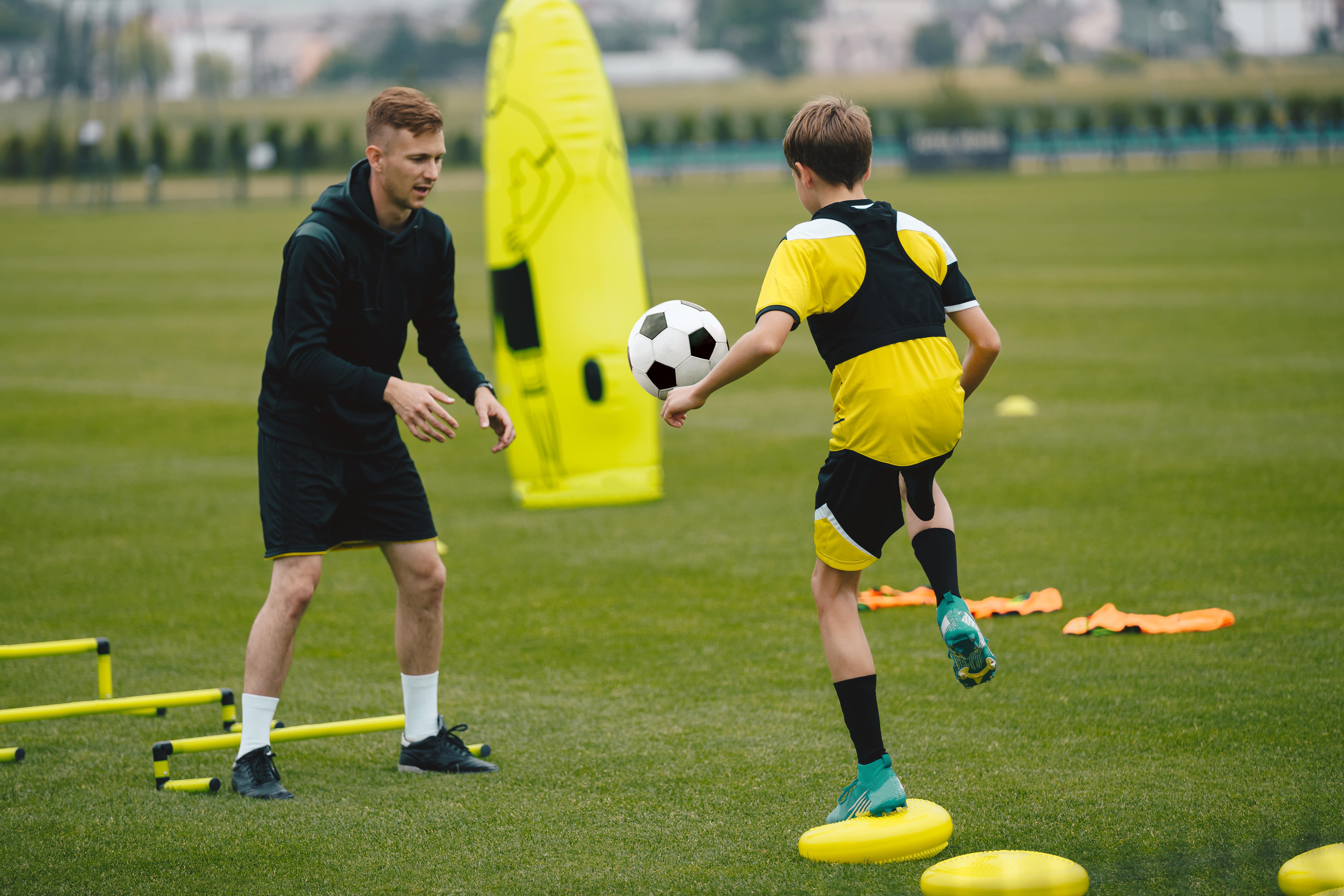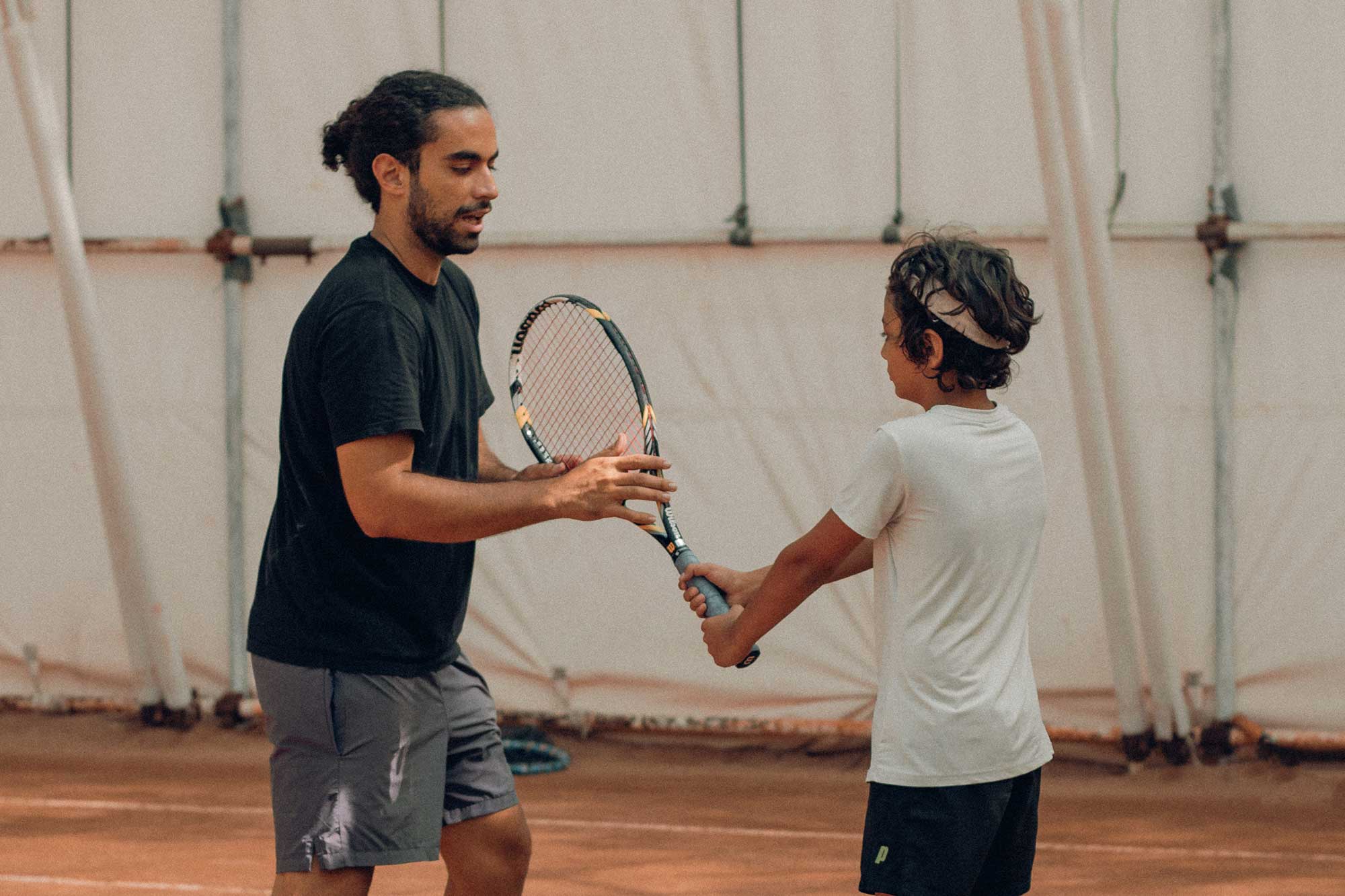
Skills Needed to Be a Successful Physical Education Teacher
Physical Education (PE) teachers play a vital role in shaping the health and well-being of students through physical activity and fitness education. Beyond just leading PE lessons, PE teachers are responsible for instilling lifelong habits of exercise, promoting teamwork, and fostering a positive attitude toward physical well-being. To excel in this role, a combination of specialized skills, educational background, and personal qualities are essential. In this article, we will delve into the key skills needed to be a successful Physical Education teacher.
In-depth Subject Knowledge:
An effective PE teacher should possess a solid foundation in exercise physiology, anatomy, kinesiology, and sports science. Understanding how the body moves, responds to exercise, and how different activities impact various muscle groups is crucial. This knowledge helps create well-rounded and engaging lesson plans that cater to the diverse needs and abilities of students.
Communication Skills:
Clear and concise communication is paramount in any teaching role, and PE is no exception. PE teachers must be able to convey instructions, rules, and objectives effectively to students. Additionally, they need to be skilled listeners to address students’ concerns, provide constructive feedback, and adapt lessons based on students’ progress.
Adaptability:
Every student is unique, and their abilities and interests vary. PE teachers must be adaptable and capable of modifying lesson plans to accommodate different skill levels, learning styles, and even physical limitations. Being open to trying new approaches and adjusting activities on the fly is essential for creating a positive and inclusive learning environment.
Leadership and Motivational Skills:
As role models, PE teachers need to exhibit leadership qualities that inspire students to engage actively and enthusiastically in physical activities. Instilling motivation, fostering a sense of teamwork, and encouraging students to set and achieve fitness goals are essential components of a PE teacher’s role.
Patience and Empathy:
Not all students will excel at sports or physical activities right away. A great PE teacher demonstrates patience and empathy when working with students who may be struggling or lacking confidence. Providing individualized support and celebrating small victories can boost students’ self-esteem and encourage them to persist.
Organizational Abilities:
From managing equipment to planning schedules and keeping records of student progress, PE teachers need strong organizational skills to ensure that classes run smoothly and efficiently. Well-organized lesson plans and routines contribute to a structured learning environment that benefits both students and educators.
Problem-Solving Aptitude:
Unexpected challenges can arise during PE classes, such as inclement weather or equipment malfunctions. Being able to think on your feet and devise alternative activities or solutions is a valuable skill for a PE teacher.
Knowledge of Safety and First Aid:
The safety of students is a top priority. PE teachers should be well-versed in safety protocols and first aid techniques to address minor injuries or accidents that might occur during physical activities.
Continuous Learning and Professional Development:
The field of physical education is ever evolving, with new research and techniques emerging regularly. Successful PE teachers engage in continuous learning, attend workshops, and stay updated on the latest trends in physical fitness and education.
Enthusiasm and Passion:
Last but certainly not least, a genuine passion for physical fitness and a contagious enthusiasm for leading an active lifestyle are qualities that can inspire students to embrace and value the importance of regular exercise.
In conclusion, being a successful Physical Education teacher requires a diverse skill set that encompasses subject knowledge, effective communication, adaptability, leadership, empathy, organization, problem-solving, safety awareness, continuous learning, and an unwavering passion for physical activity. By nurturing these skills, PE teachers can create a positive impact on their students’ lives and contribute to a healthier and happier generation.
The first part of this article establishes the “what” in terms of “what skills do we need to be a PE teacher”.
The following part of the article will explore the “how”. How do we acquire these skills to become a PE teacher?

Get qualified to work in schools teaching sports
Study towards the Level 3 NVQ Diploma in Supporting the Delivery of PE & School Sport. The approved qualification to become a School Sports Specialist.
How to Acquire Skills to Become a Great Physical Education Teacher
Becoming a skilled and effective Physical Education (PE) teacher goes beyond simply enjoying sports and exercise. It requires a dedicated commitment to mastering a diverse range of skills that empower you to inspire and educate students about the importance of physical fitness, teamwork, and overall well-being. Whether you’re embarking on a career in education or looking to enhance your existing abilities, this article will give you an insight into how to acquire the skills needed to become a great PE teacher.
Obtain a Solid Educational Foundation:
Start by pursuing a formal education in physical education or a related field. A bachelor’s degree in physical education or kinesiology provides you with a strong academic background in exercise science, human anatomy, physiology, and motor development. A solid education is the foundation upon which you can build your expertise.
Embrace Continuous Learning:
The field of physical education is constantly evolving with new research, trends, and teaching methods. Stay up to date by attending workshops, conferences, and seminars. Engage with academic literature and subscribe to relevant publications to stay informed about the latest advancements in exercise science and pedagogy. Try and apply for as many courses as possible that will give you different qualifications. There is often the option of obtaining a bursary to complete these. Some teaching/coaching companies will favour those with different qualifications.
Gain Practical Experience:
Hands-on experience is invaluable for honing your skills. While pursuing your education, engage in apprenticeships, student teaching, or coaching opportunities. Practical experience allows you to apply theoretical knowledge in real-world settings and provides insights into managing classrooms, adapting activities, and motivating students.
Develop Effective Communication Skills:
Communication is at the heart of teaching. Work on your ability to convey instructions clearly, provide constructive feedback, and engage students in meaningful discussions. Practicing effective communication techniques enhances your ability to connect with students and create a positive learning environment.
Master Adaptability:
No two students are alike, and flexibility is key in adapting your teaching methods to cater to diverse abilities, interests, and learning styles. Learn to modify activities, differentiate instruction, and create inclusive lesson plans that accommodate everyone in your class.
Cultivate Leadership and Motivational Qualities:
Great PE teachers are role models who inspire students to lead active lives. Develop leadership skills that empower you to guide and motivate students toward achieving their fitness goals. Instil a sense of teamwork, foster self-discipline, and celebrate successes, no matter how small.
Deepen Your Subject Knowledge:
Expand your understanding of exercise science, sports, and physical activities. Delve into the mechanics of different sports, the benefits of various fitness routines, and the nuances of effective warm-ups and cool-downs. A well-rounded knowledge base enhances your ability to design engaging and impactful lessons.
Learn about Safety and First Aid:
Prioritize the safety of your students by becoming proficient in safety protocols and basic first aid. Acquiring skills to handle minor injuries or accidents that may occur during physical activities demonstrates your commitment to student well-being.
Practice Patience and Empathy:
A great PE teacher is empathetic and patient, especially when working with students who face challenges or setbacks. Developing the ability to provide individualized support, offer encouragement, and create a positive atmosphere helps build students’ confidence and self-esteem.
Foster a Lifelong Passion:
Passion for physical fitness is contagious. Cultivate your own love for staying active and encourage students to develop a lifelong appreciation for exercise and wellness. Share your personal experiences, engage in physical activities alongside your students, and demonstrate that leading an active lifestyle is both enjoyable and rewarding.
In conclusion, becoming a great Physical Education teacher requires a multifaceted approach that combines formal education, practical experience, continuous learning, effective communication, adaptability, leadership, subject expertise, safety awareness, patience, empathy, and an unwavering passion for physical activity. By actively developing these skills, you can embark on a fulfilling journey to shape the future of your students, instilling in them the value of health, fitness, and well-being.
As this article establishes, there is a lot of skills needed to be a PE teacher, and a lot of ways that we can acquire these skills. Whatever form this takes might be dependant on the route you choose to go down. In other articles on our website, we delve into the different routes you might take into becoming a PE teacher. You might think that going to university might be the only way to achieve your goal of becoming a Sports Professional, but this is not the case. You can apply for an appropriate apprenticeship program, or you can enrol on the NVQ Level 3 Diploma in Supporting the Delivery of Physical Education and School Sport.
1st4Sport NVQ Level 3 Diploma
If you’re aged 16-24 years and have a passion for sport and working with young people, you can complete the 1st4sport Level 3 NVQ Diploma in Supporting the Delivery of Physical Education and School Sport.
The great thing about enrolling on this course is that it only takes 12 months to complete, and you do not need any previous professional qualifications to apply. Once completed, you can become a PE Lead, Coordinator, Sports Coach or School Sport Professional.
Developed in partnership with the Association for Physical Education (afPE), the 1st4sport Level 3 NVQ Diploma is recognised as the industry standard qualification for Senior Children’s Activity Professionals, by the trade association for providers of sports and physical activity in schools and the wider community, otherwise known as, The Compass Association.
The Association for Physical Education (afPE) has also stated they believe that “by 2015, coaches employed in or by schools supporting Curriculum time P.E. should be qualified to a Level 2 National Governing Body (NGB) Award and be working towards a Level 2 and 3 Certificate in Supporting the Delivery of Physical Education and School Sport or equivalent, to comply with the forthcoming afPE Safe Practice Guidance for Schools.” (March 2013).
The qualification also has the support of CIMSPA, the Chartered Institute for the Management of Sport and Physical Activity, as an industry-relevant qualification contributing to the industry’s professional framework.
You can hit the ground running by working within primary or secondary schools, sports coach clubs or a private P.E. provider, and enjoy immediate hands-on experience.
This accessible course also provides a fantastic foundation for building your skills and experience from a young age, so you can develop your professional status in the field of sports education at the time and pace that suits you.
You can quickly register for the NVQ Level 3 online, without any previous formal qualifications required. The cost is affordable and can be broken down into manageable instalments throughout your year of training. Funding may also be available for some if not all of your fees, and it’s incredibly easy to find out if you qualify – simply apply online and you’ll be informed if you’re eligible for funding support.
When completing the 1st4sport Level 3 NVQ Diploma in Supporting the Delivery of Physical Education and School Sport, with Teach Sport, you will be allocated a tutor who checks in with you regularly to make sure you are keeping up with the demands of the course and who will be available to answer any questions that you may have regarding anything. We have also made a portal with all the course content on there, readily available so you can get to completing the course at your own pace. It also has email addresses of all tutors, including a link that takes y


What Qualifications do you need to Become a PE Teacher in the UK?
A qualification that allows you to train whilst you earn and gives you the opportunity to work in primary schools teaching lots of different sports.